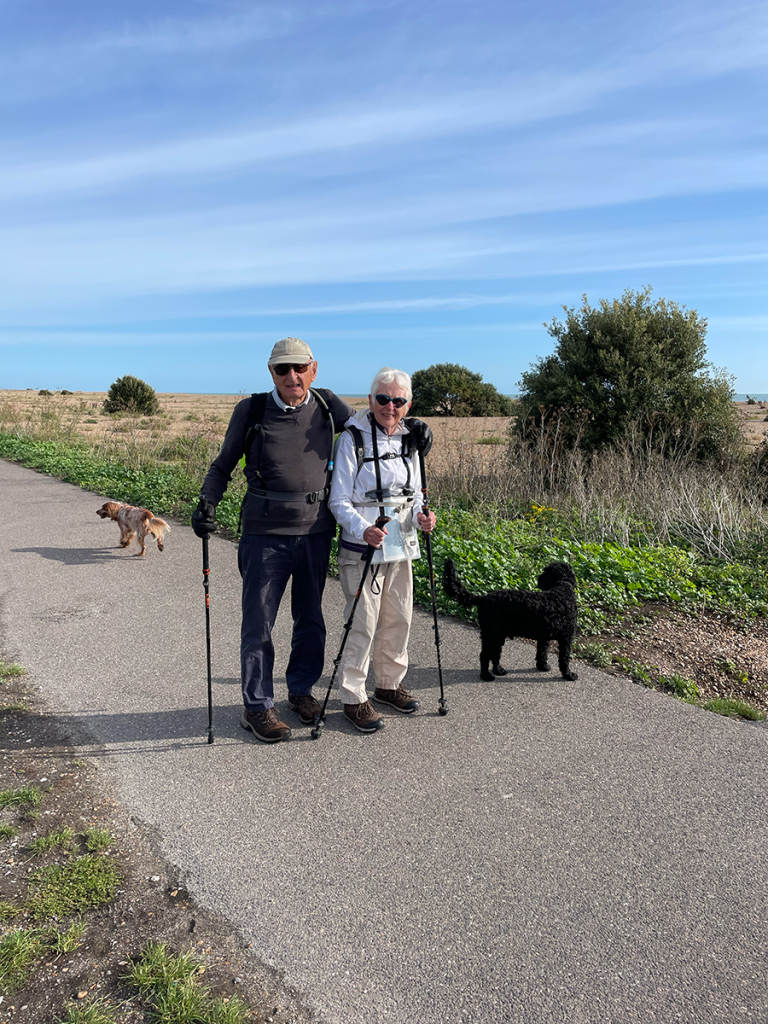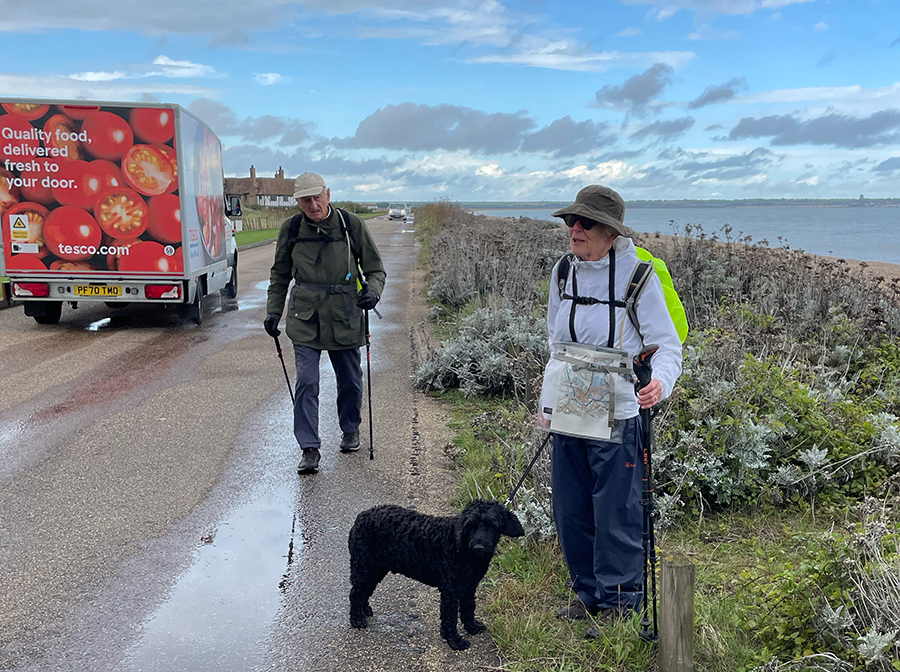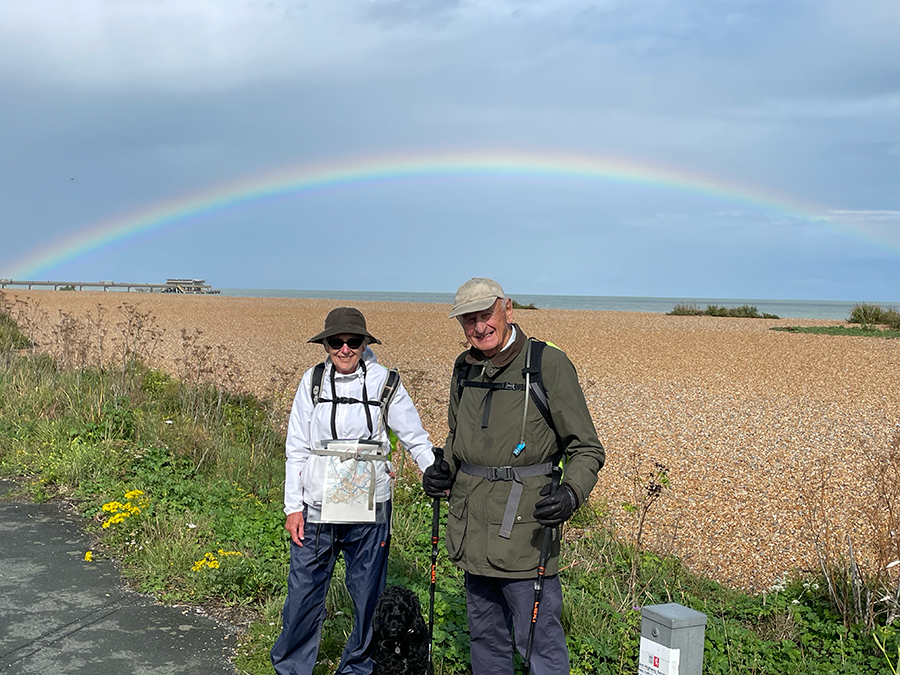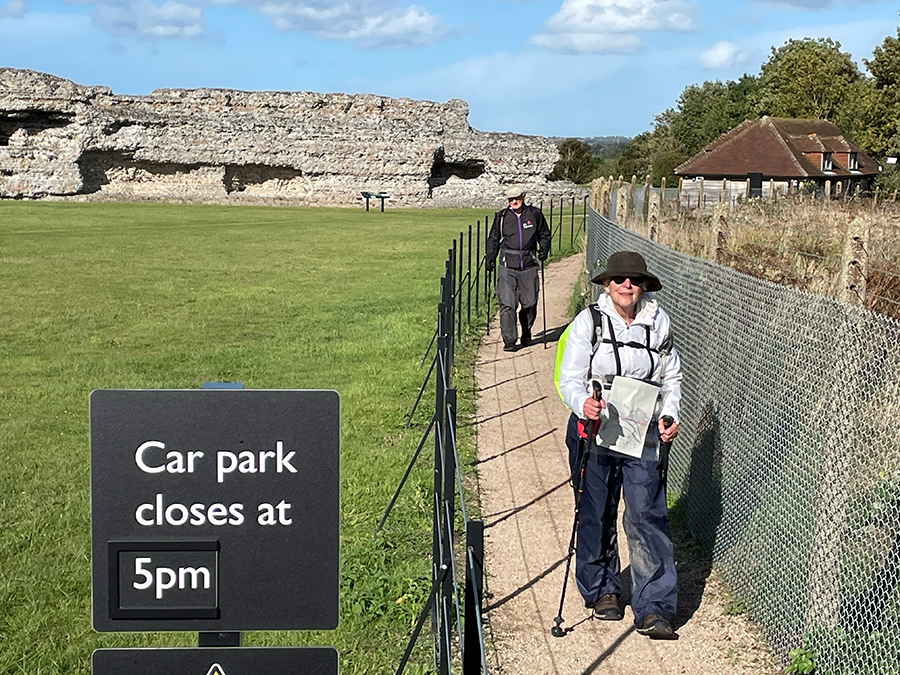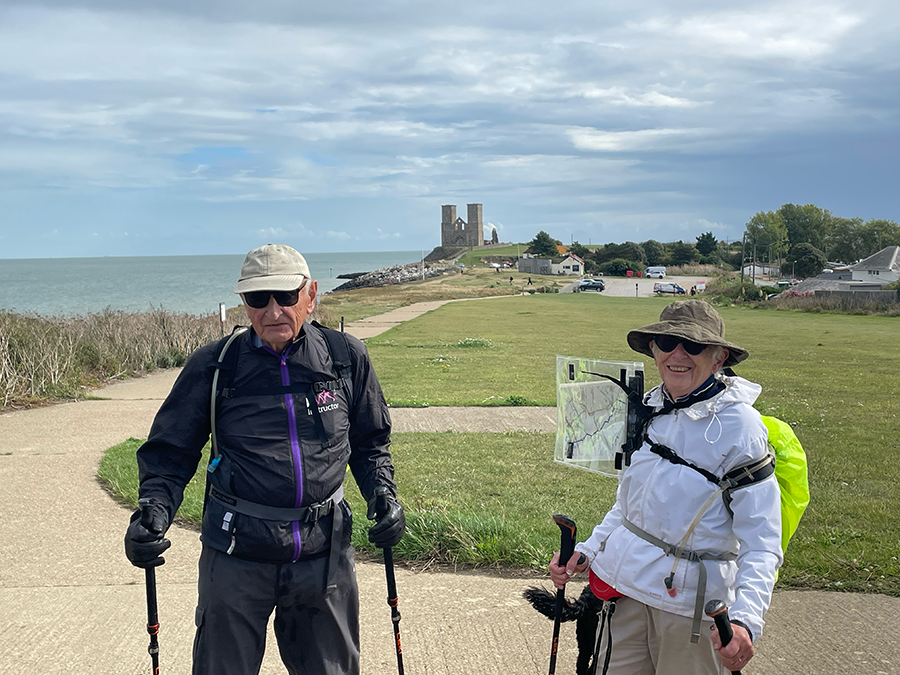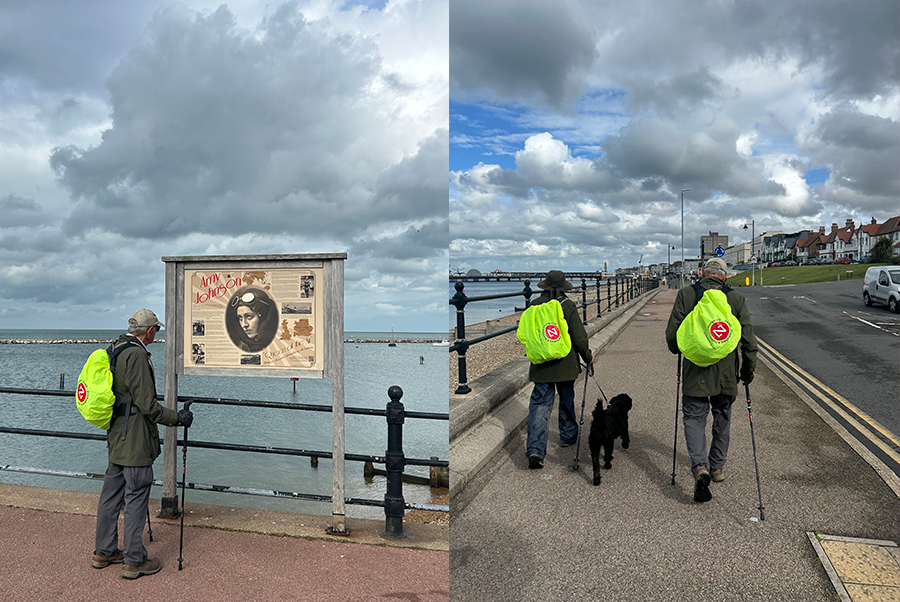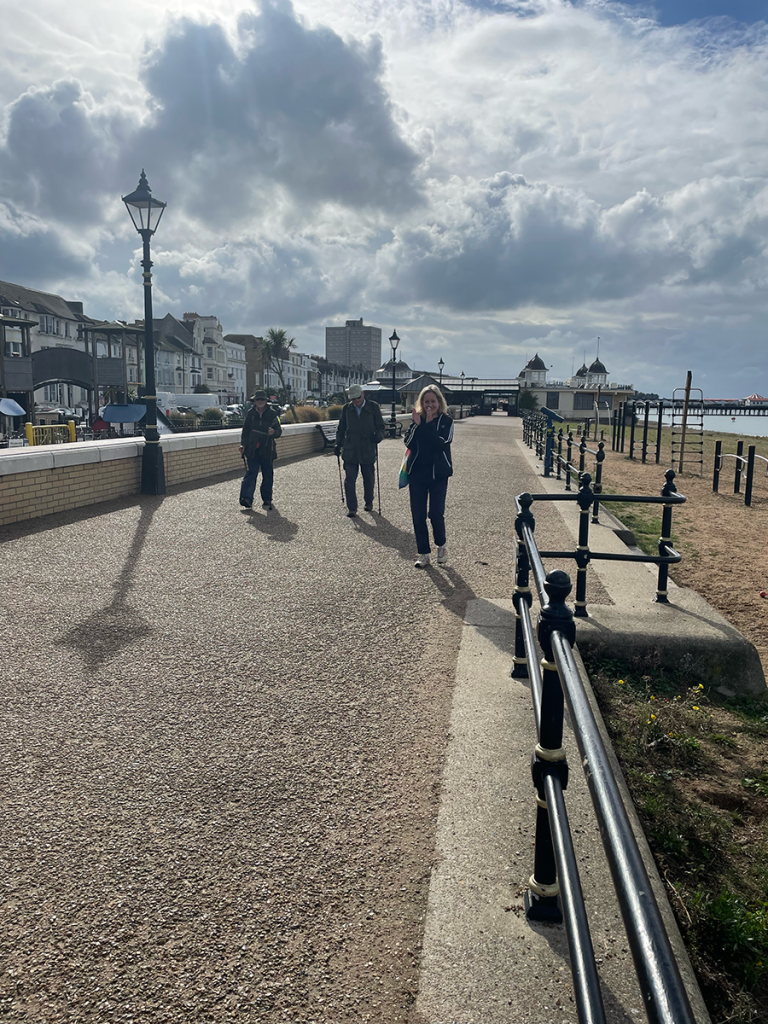So, we come to the end of another walk – and, in the main, it’s been very enjoyable. Some parts were hard going, as is to be expected – after all, it’s almost impossible to forecast the condition of tracks or small roads, let alone the weather.
The experience was made immeasurably easier and more pleasant by our driver and friend, Richard Moyles. His tolerance of us in good times – and in not so good – was truly remarkable. He is a great blessing.
Our thanks also go to those supporters who walked with us and cheered us up – and, of course, we are immensely grateful to those who kindly offered us hospitality along the way.
I am grateful to Miles Morland and others for their inspiration in shaping my commentary.
Finally, we extend our heartfelt thanks to ZANE supporters whose generosity continues year after year. One day, Zimbabwe will become prosperous, and ZANE’s services may no longer be required. But until then, our work remains vital to so many vulnerable people.
Jane and I offer our sincere appreciation to our loyal ZANE workers, both in the UK and across Zimbabwe. Many have devoted decades to serving the poor, often without recognition, and you may never know the names of these remarkable, brave individuals. Without them ZANE could not exist.
I am minded of the final paragraph of George Eliot’s Middlemarch:
“For the growing good of the world is partly dependent on unhistoric acts; and that things are not so ill with you and me as they might have been, is half owing to the number who lived faithfully a hidden life, and rest in unvisited tombs.”
The Banality of Evil
We took four of our grandchildren to Auschwitz. As a condition of their coming, they had to be over 18, have seen Schindler’s List, know at least a little of the history and genuinely want to understand what it was all about.
I was prompted to do so by the late Ken Dodd. This may sound totally weird, for what’s a dead comic got to do with Auschwitz?
Dodd – one of the great comics of all time – insisted on live performances. He undertook hundreds each year, convinced that only face-to-face encounters allowed him to truly “connect” with his audiences. He believed film, TV – even Zoom – represented only a shadow of reality, lacking substance. A “spiritual” dimension could only exist when people met in person.
So, to truly understand, we must visit Auschwitz – walk the railway lines, touch the walls where people were shot, stare at the piles of hair, the children’s shoes and prams, and see the crematoria – to begin to grasp the full horror of what this obscenity was.
And I wanted our beloved family to see what man is capable of when the wheels of our little lives fall off. Civilisation is but a thin veneer – horror can emerge in a flash and shatter the illusion. If you doubt this, read Danny Finkelstein’s Hitler, Stalin, Mum and Dad – and see how his family’s prosperous, established, comfortable lives were utterly destroyed in less than a week.
And I wanted them to learn something else. Many people are uneasy with the concept of “sin”. Plenty say, “I’m a humanist… I don’t believe humans are inherently evil. If people go wrong, it’s all down to their upbringing.” But if you live long enough – and are honest with yourself – you’ll come to see, beyond doubt, that there are things in your own heart that will bite you and shock you. You’ll find yourself saying, “I didn’t know I was capable of that.”
Eichmann in the Mirror
The problem is, we are all capable of “that”. Adolf Eichmann was one of the key administrators of the Holocaust; he was tried in Israel in 1960 and later executed. During his trial, a striking incident occurred. One of the key witnesses, Yehiel De-Nur, broke down in uncontrollable sobs upon seeing Eichmann in the courtroom. Pandemonium followed, and the judge struggled to restore order – it was dramatic. Some time later, De-Nur was interviewed by Mike Wallace on the TV show 60 Minutes.
Wallace asked what had happened? Was he overwhelmed with hatred or by painful memories?
“No,” said De-Nur – and what he said next shocked many secular Western viewers. “I was overcome by the realisation that Eichmann was not some demon, but an ordinary human being. I saw that I am capable of doing this… exactly like he.”
We can choose to say that the Nazis were sub-human, and that we are not capable of behaving like that – but there are serious problems with that view. One of the scariest aspects about that chapter in history is not how few architects there were, but how many were complicit across an entire society – a society that, at the time, was producing some of the world’s finest scholarship, science and culture. That makes it impossible to write off the period as the work of a few isolated monsters.
The Nazis themselves believed certain groups were Untermensch – subhuman and beneath them. Do we really want to make the same kind of judgment about them as they did about the Jews, the Roma and the mentally infirm?
Hannah Arendt, writing in the New Yorker, claimed that Eichmann was an ordinary man who wanted simply to build a career. She called this the “banality of evil”.
I want our grandsons to realise that evil lurks in the hearts of all quite ordinary human beings. Even in the hearts of our beloved Benyon family.

